BELLA & PAL Step in Vest Harness for Small and Medium Dogs, No Pull Small Dog Harness with Leash Set, Comfortable Air Mesh Dog Vest Harness with Reflective Strip (Lavender, M)
$28.95 (as of December 14, 2025 16:18 GMT +00:00 - More infoProduct prices and availability are accurate as of the date/time indicated and are subject to change. Any price and availability information displayed on [relevant Amazon Site(s), as applicable] at the time of purchase will apply to the purchase of this product.)Welcome to the world of doggy oral hygiene, where a little care goes a long way in keeping your furry friend’s teeth sparkling and healthy. Picture this: a dog with a radiant smile, gleaming teeth, and fresh breath that could rival a field of flowers. Achieving this picturesque canine grin isn’t just a dream; it’s a goal that every dog owner can aspire to. Let’s discover the secrets to a healthy dog smile that will leave tails wagging and mouths fresh.
What causes poor dog oral hygiene?
Lack of Dental Care
Insufficient Brushing
Just like humans, dogs require regular dental care. If a dog’s teeth are not brushed regularly, plaque and tartar can accumulate, leading to dental issues.
Infrequent Checkups
Regular veterinary checkups are essential to identify and address dental problems early on. Lack of routine examinations can contribute to poor oral hygiene.
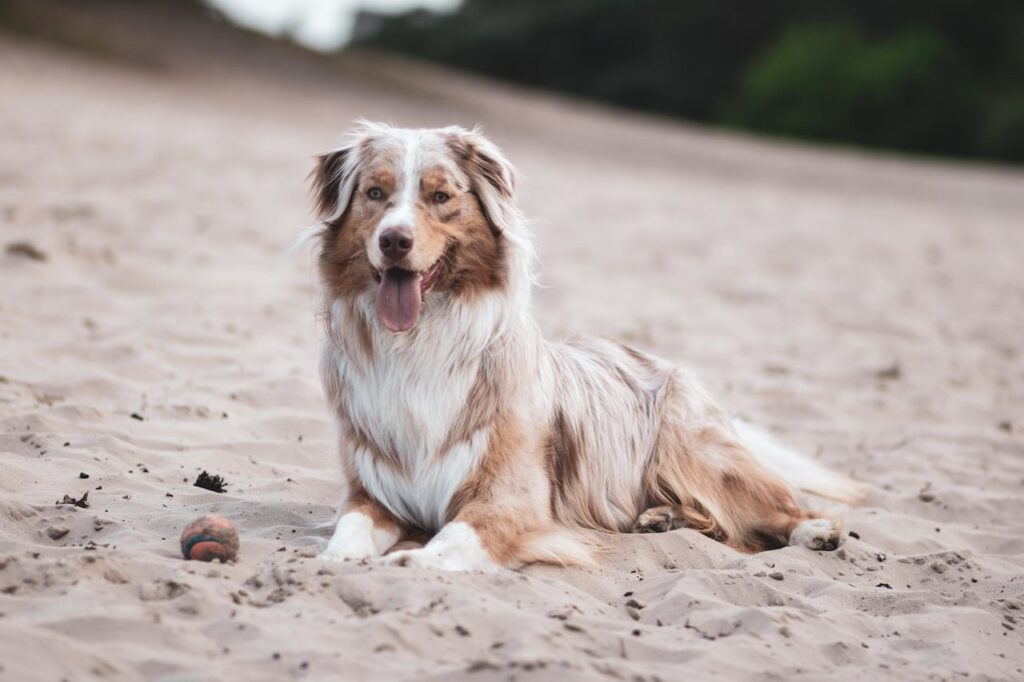
Dietary Factors
Poor Quality Diet
A dog’s diet plays a crucial role in oral health. Feeding a low-quality diet or relying solely on soft, canned food may contribute to plaque buildup.
Lack of Dental Chews or Toys
Providing dental chews or toys designed to promote oral health can help reduce plaque and tartar. Dogs that lack appropriate items for chewing may be more prone to dental issues.
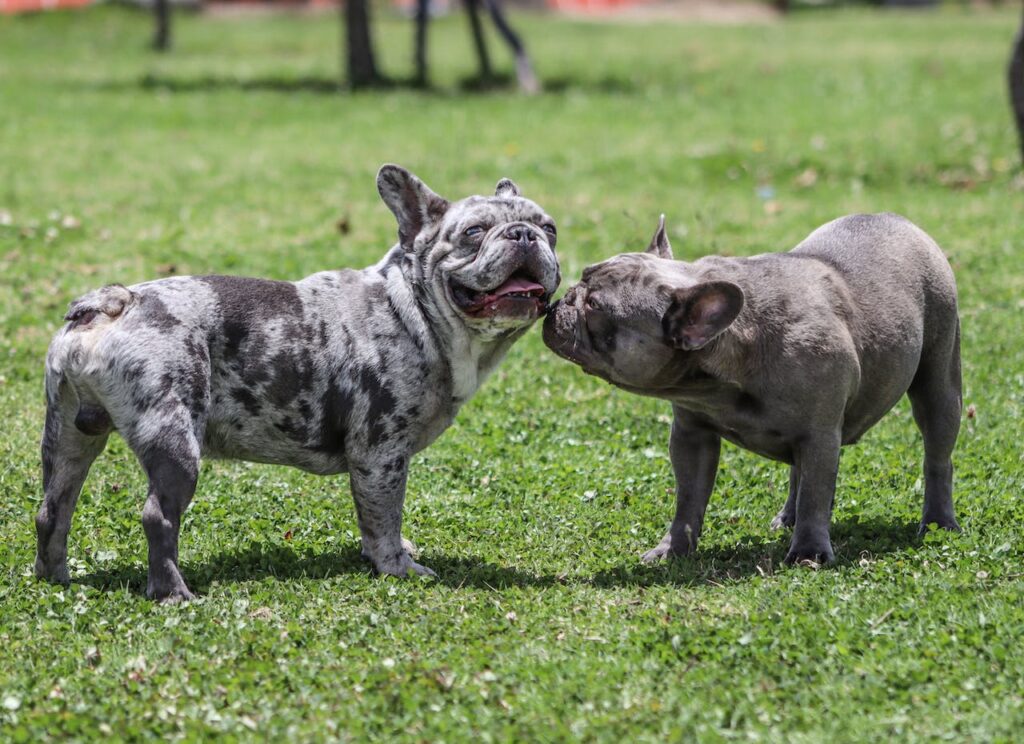
Genetics
Breed Predisposition
Some dog breeds are more prone to dental problems due to genetic factors. For example, small breeds may be more susceptible to dental issues than larger breeds.
Age
As dogs age, they may be more prone to dental problems. Senior dogs often experience tooth decay, gum disease, and other oral issues that can contribute to poor oral hygiene.
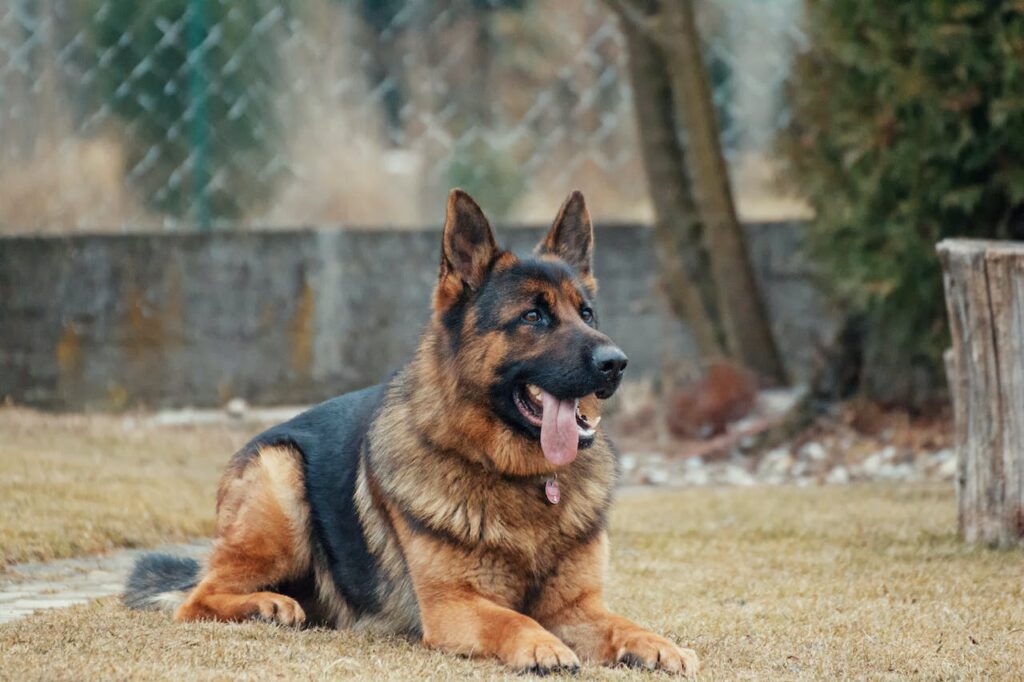
Health Conditions
Systemic Diseases
Certain systemic health conditions, such as diabetes, can impact a dog’s oral health. Dogs with health issues may be more susceptible to dental problems.
Hormonal Changes
Hormonal imbalances, especially in unspayed or unneutered dogs, can contribute to oral health issues.

Neglect and Ignorance
Lack of Attention
Some pet owners may overlook the importance of dental care, assuming that dogs do not require oral hygiene. Neglecting oral health can lead to significant problems over time.
Behavioral Factors
Reluctance to Chew
Some dogs may be reluctant to chew on appropriate items. Chewing helps naturally clean teeth, and dogs that avoid chewing may be more prone to plaque buildup.

Water Quality
Poor Water Quality
Providing clean, fresh water is essential for a dog’s overall health. Poor water quality can contribute to oral health issues over time.
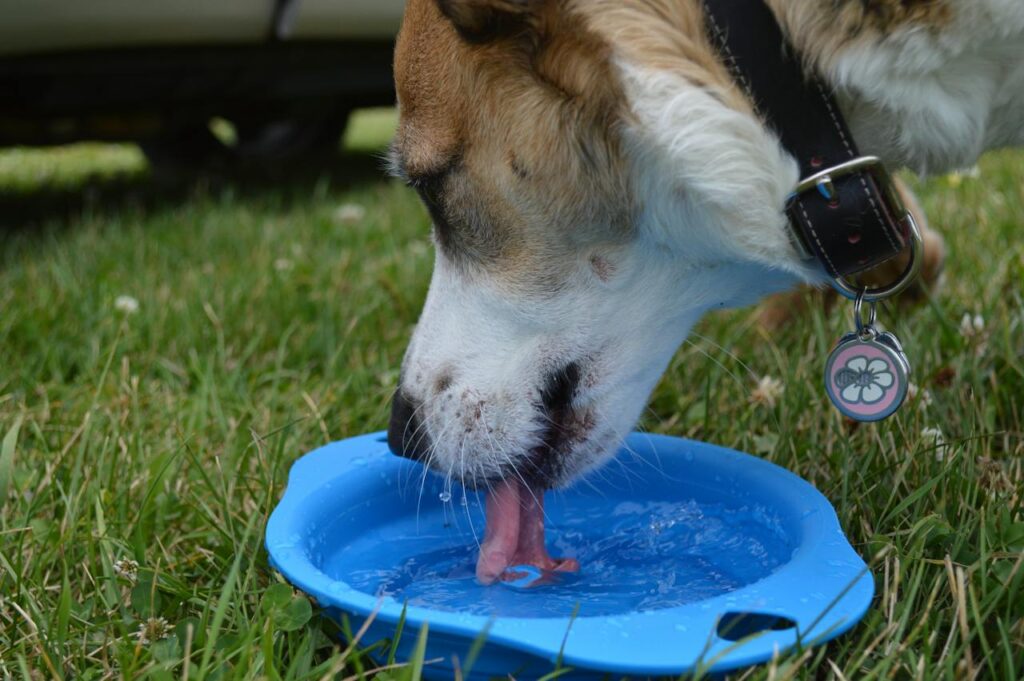
How do I keep my Dog’s Teeth Healthy?
If you’re wondering how to keep your dog’s teeth healthy, there are a few simple steps you can take.
Brushing Basics: The Foundation of Canine Dental Care
The foundation of good oral hygiene is regular brushing. You’ll need a toothbrush and toothpaste made specifically for dogs (never use human toothpaste!). Start with short, gentle brushing sessions and gradually increase the time as your dog gets used to the routine. I recommend Vet’s Best Dog Toothbrush and Enzymatic Toothpaste Set – Teeth Cleaning and Fresh Breath Kit with Dental Care Guide.
Dental Chews: A Tasty Treat with Benefits
Dental chews for dogs are a tasty treat that can also benefit their oral health. These treats are designed to reduce plaque and freshen their breath. Look for chews that carry the Veterinary Oral Health Council (VOHC) seal, which means they meet specific oral health standards. I recommend Greenies Original Flavour Dental Treat for Large Breed Dogs, 340 g.

Regular Vet Checkups
Regular visits to the vet are also important for maintaining your dog’s dental health. Your vet can identify potential issues early on, preventing more serious dental problems down the road. They may also provide professional cleanings to remove stubborn tartar and keep your dog’s teeth in top condition.
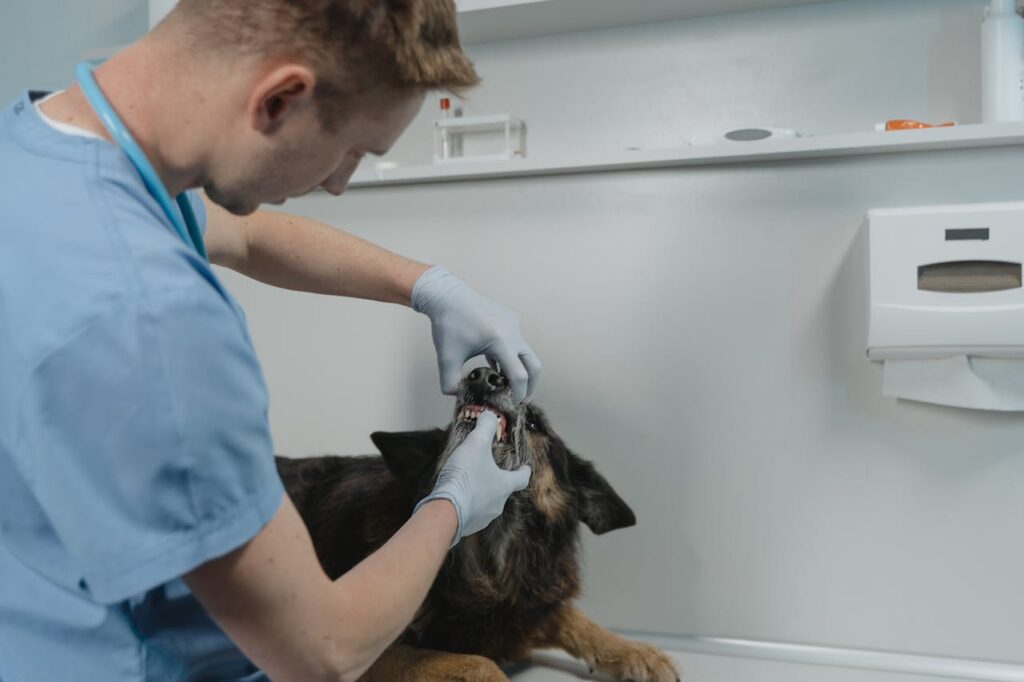
Balanced Diet: Fueling Smiles from the Inside Out
A balanced diet is crucial for your dog’s overall health, including their dental health. High-quality dog food helps maintain strong teeth and gums, and crunchy kibble can act like a natural toothbrush, reducing plaque buildup. Consult your vet to ensure your dog’s diet aligns with their specific health needs. I recommend Royal Canin 10kg Medium 11-25kg Adult Dental Care Dog Food Dry Kibble.
Chew Toys: Playtime with a Purpose
Chew toys are another way to promote dental health in dogs. Look for toys labeled as dental or consult your vet for recommendations. These toys can help reduce plaque and tartar while providing a playful outlet for your pup. I love the KONG – Extreme Dog Toy – Toughest Natural Rubber, Black – Fun to Chew, Chase and Fetch – for Large Dogs.

Fresh Water for Fresh Breath
Finally, don’t forget the importance of hydration. Clean, fresh water is crucial for oral health, as it helps wash away food particles and bacteria. Make sure your dog has access to water at all times. I recommend the PetSafe APDPF75L Drinkwell Dog and Cat Water Fountain, Suitable for Large Dog Breeds and Multiple Pet Households, Easy-to-Clean Design, Filter Included.
By following these simple tips, you can help promote a healthy, gleaming smile in your furry friend. A healthy smile isn’t just about aesthetics – it’s about enhancing your dog’s overall well-being and promoting a happier, healthier life filled with joy and endless tail wags.

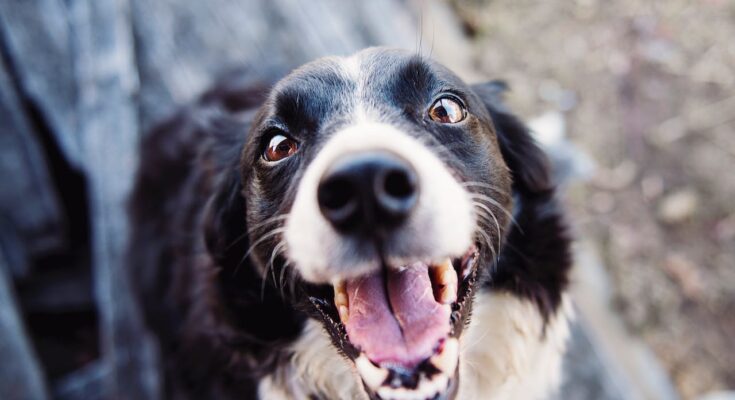
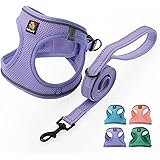
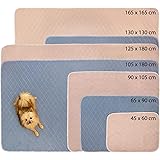




4 Comments on “Unveiling Secrets to a Healthy Dog Smile: Doggy Oral Hygiene”